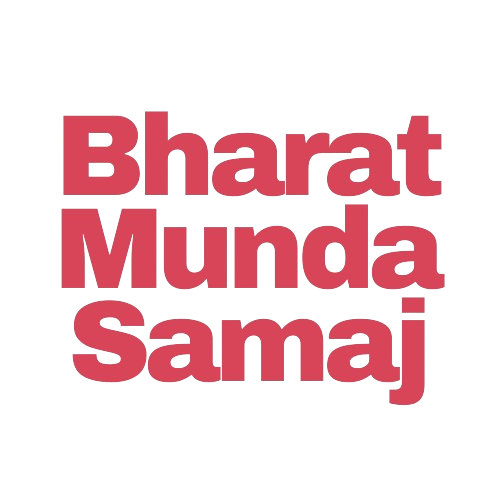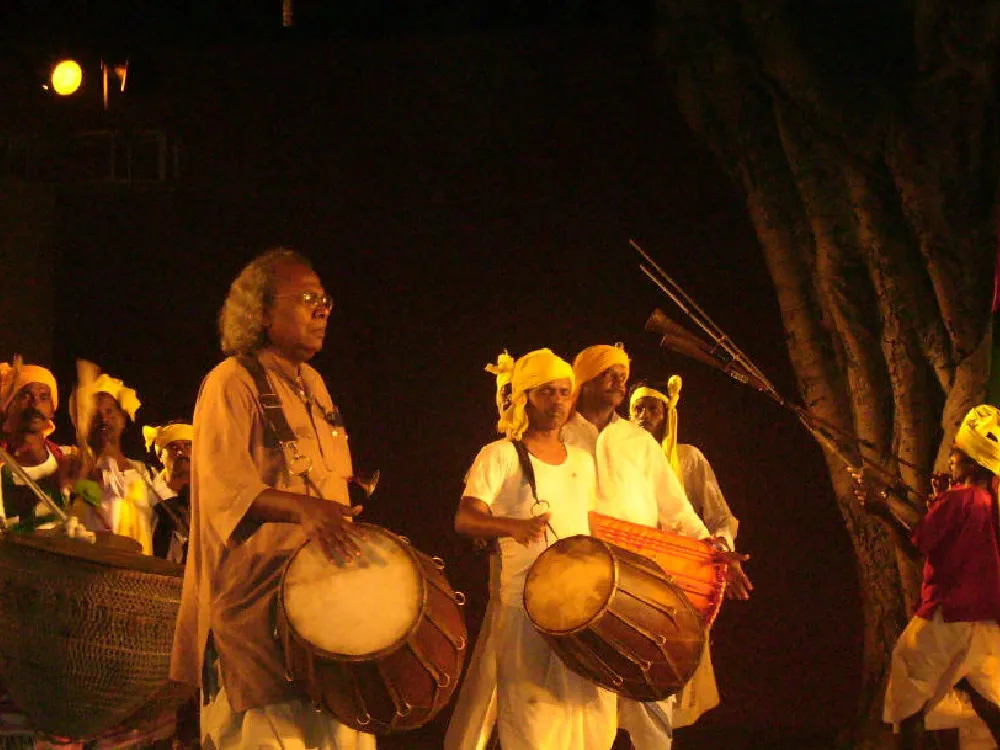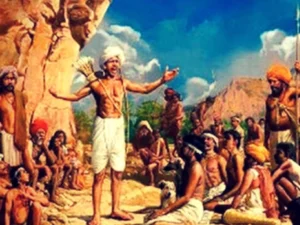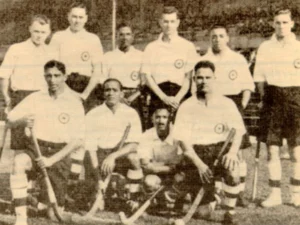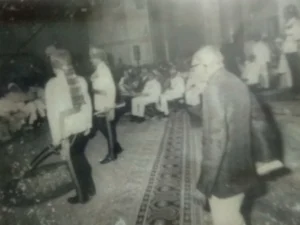Dr. Ramdayal Munda, fondly known as “Ram Dayal Da,” was a multifaceted personality whose contributions to academia, culture, and social justice have left an indelible mark on the history of Jharkhand and India’s tribal communities. A scholar, musician, and passionate advocate for Adivasi rights, Dr. Munda dedicated his life to the upliftment and empowerment of the indigenous people of India.
Early Life and Education
Born on August 23, 1939, in the small village of Diuri in the Ranchi district of Jharkhand, Dr. Ramdayal Munda belonged to the Munda tribe, one of the prominent Adivasi communities in the region. Growing up in a traditional Munda environment, he was deeply influenced by the cultural practices, languages, and oral traditions of his community.
Dr. Munda’s academic journey was nothing short of remarkable. After completing his early education in Jharkhand, he pursued higher studies at Ranchi University, where he earned his Bachelor’s degree. His thirst for knowledge and his commitment to the cultural and social issues of his community led him to the United States, where he obtained a Ph.D. in Linguistics and Anthropology from the University of Chicago. His academic prowess was evident, but what truly set him apart was his dedication to using his education for the betterment of his people.
Academic and Cultural Contributions
Dr. Ramdayal Munda’s career as an academic was distinguished by his commitment to integrating indigenous knowledge systems into mainstream education. Upon returning to India, he served as a professor and later as the Vice-Chancellor of Ranchi University, where he played a pivotal role in the development of Adivasi studies and the promotion of tribal languages.
His scholarly work was groundbreaking, particularly in the fields of linguistics, anthropology, and cultural studies. Dr. Munda was instrumental in the creation of the Adivasi language curriculum and worked tirelessly to preserve and promote Mundari, the language of his people. His efforts extended to the broader cultural spectrum, where he advocated for the recognition and preservation of tribal music, dance, and art.
A gifted musician and artist, Dr. Munda was deeply involved in the cultural life of Jharkhand. He was a master of traditional Munda music and dance and believed that these cultural expressions were not just art forms but integral components of Adivasi identity. His performances and cultural programs, both in India and abroad, brought the rich heritage of Jharkhand’s tribes to a global audience, fostering a greater understanding and appreciation of Adivasi culture.
Advocate for Tribal Rights
Dr. Ramdayal Munda’s contributions went beyond academia and culture; he was also a formidable advocate for tribal rights. He was deeply involved in the movement for the creation of Jharkhand as a separate state, believing that self-governance was crucial for the socio-economic development of the region’s tribal population. His leadership in the Jharkhand Movement was marked by his ability to bring together diverse groups and articulate a vision of a state that would serve the interests of its indigenous people.
As a member of the Rajya Sabha (the Upper House of India’s Parliament), Dr. Munda continued his advocacy on a national platform, championing the rights of Adivasis and pushing for policies that would address their historical marginalization. His work in the Rajya Sabha earned him widespread respect and recognition, not only as a representative of his people but as a voice for all marginalized communities in India.
Legacy and Honors
Dr. Ramdayal Munda’s life and work have had a lasting impact on the cultural and political landscape of Jharkhand and beyond. He was a true Renaissance man—an intellectual, a cultural custodian, and a tireless advocate for justice and equality. In recognition of his immense contributions, he was awarded the Padma Shri, one of India’s highest civilian honors, in 2010.
Even after his passing in 2011, Dr. Munda’s legacy continues to inspire generations of scholars, activists, and cultural practitioners. His vision of a society where Adivasi culture and knowledge systems are valued and integrated into the broader national narrative remains a guiding principle for those who continue his work.
Conclusion
Dr. Ramdayal Munda’s life was a testament to the power of education, culture, and advocacy in effecting social change. His work laid the foundation for the recognition and respect of Adivasi culture and rights in India. At Bharat Munda Samaj, we honor his legacy by continuing to promote the values he championed—cultural preservation, education, and the empowerment of the Munda community and all Adivasis. Dr. Munda’s vision of a just and inclusive society is a beacon of hope for the future, and we strive to carry forward his mission with the same dedication and passion.
